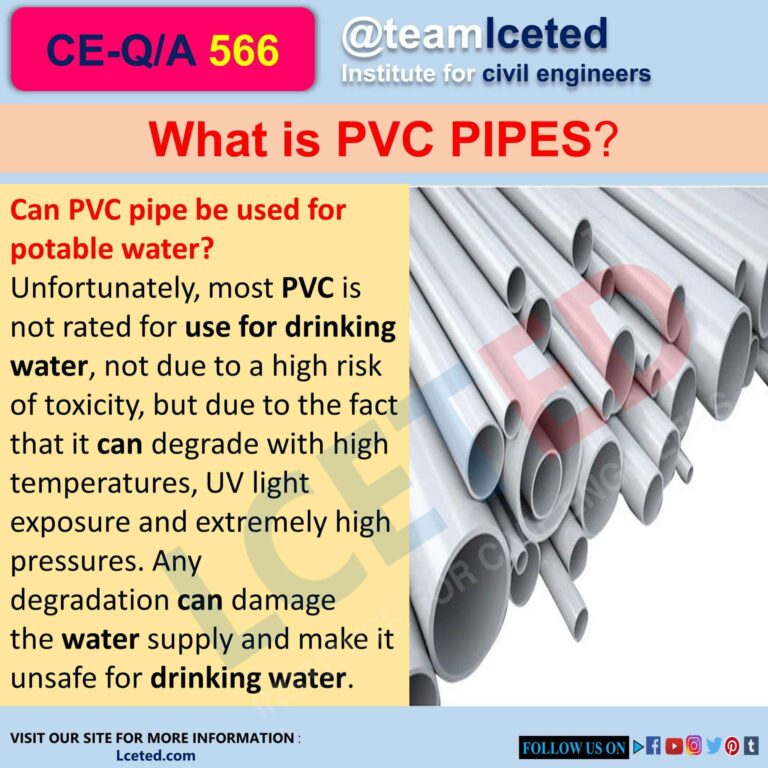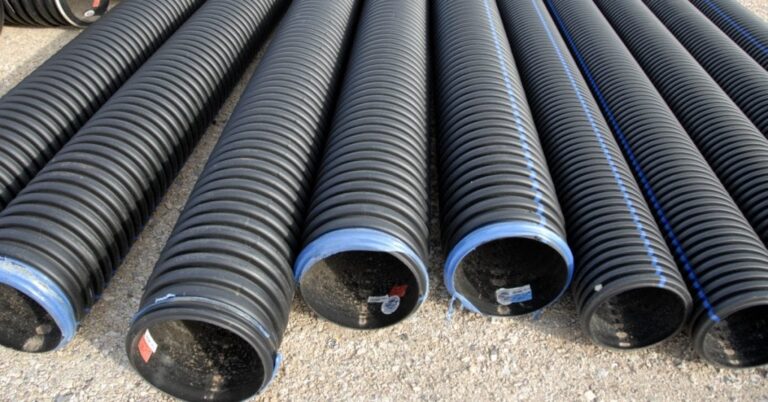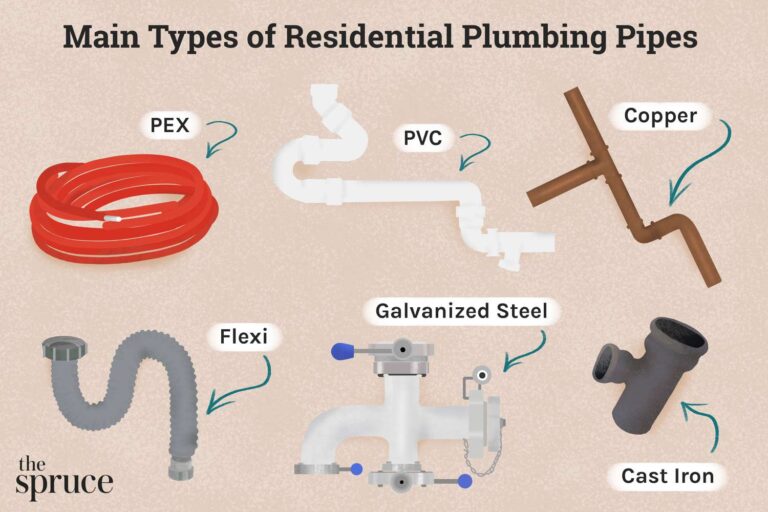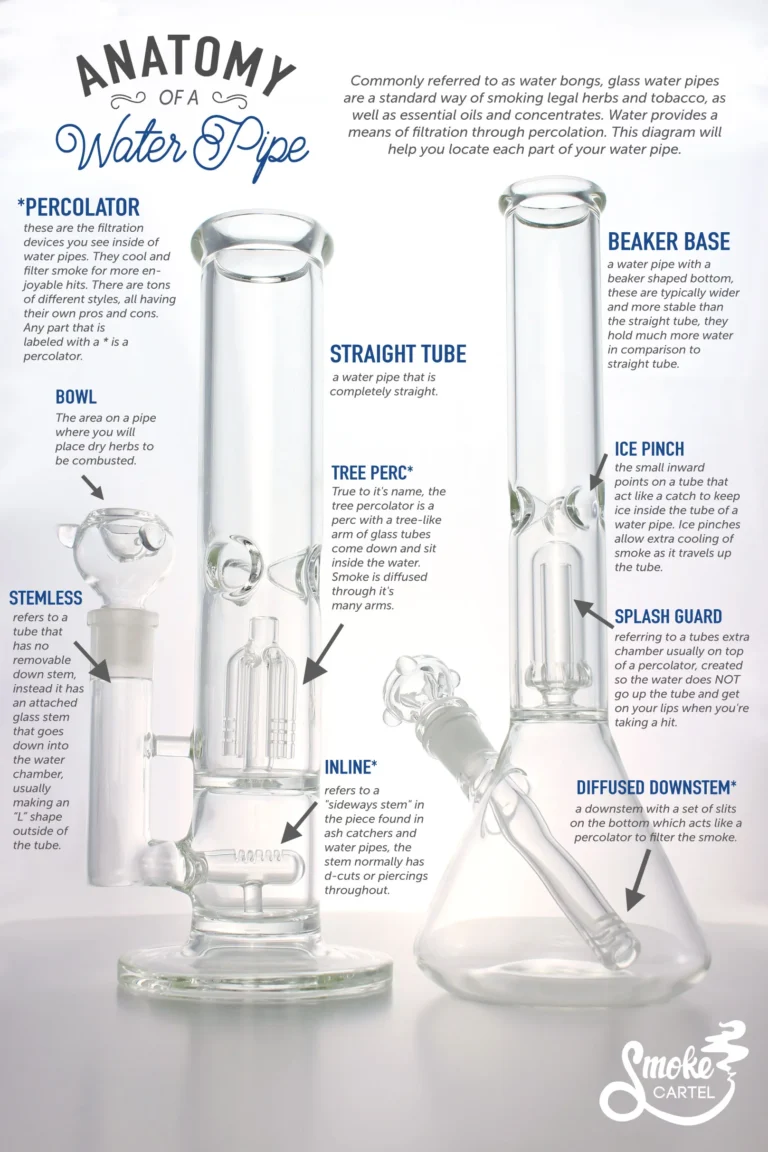What Are The Uses Of UPVC Pipe?
What is UPVC Pipe?
UPVC, or unplasticized polyvinyl chloride, is a type of plastic that is commonly used in a variety of industrial and commercial applications. It is known for its durability, cost-effectiveness, and resistance to corrosion and chemicals. UPVC pipe is a reliable and efficient method of transferring liquids and gases, and is used for a variety of plumbing projects. UPVC pipes are available in a wide range of sizes and shapes, and can be used for applications like water supply, sewage systems, irrigation, and industrial wastewater disposal. In addition, UPVC pipe is often used in underground construction, particularly in high-temperature and high-pressure applications. UPVC pipe is also used for swimming pools, hot tubs, and other recreational applications. UPVC pipe is easy to install, and it is an economical alternative to other types of pipe materials. Moreover, UPVC pipe is lightweight, durable, and requires minimal maintenance. It is also resistant to corrosion, and its flexibility makes it ideal for installations in tight spaces. UPVC pipe is an important part of many modern construction projects, and its versatility and cost-effectiveness make it a great choice for many applications.
Advantages of UPVC Pipe
- UPVC (Unplasticized Polyvinyl Chloride) pipes offer several distinct advantages in various applications. Firstly, UPVC pipes are highly durable and resistant to corrosion, rust, and chemical degradation, making them an excellent choice for plumbing, water supply, and drainage systems.
- Secondly, UPVC pipes are lightweight and easy to handle, simplifying the installation process and reducing labor costs. Their availability in various sizes adds to their versatility for different applications.
- Additionally, UPVC pipes have a smooth interior surface that promotes efficient water flow, minimizing the risk of blockages and reducing the need for frequent maintenance.
- Furthermore, UPVC is an excellent electrical insulator, making these pipes a safe choice when used in electrical conduit applications.
- Lastly, UPVC pipes are cost-effective over the long term due to their low maintenance requirements and extended service life, making them a reliable and economical option for a wide range of applications, including water distribution, wastewater conveyance, and irrigation.
Applications of UPVC Pipe
UPVC pipes are a versatile material used in a variety of applications. UPVC pipes are made from a combination of polyvinyl chloride and plasticizers, making them highly durable and resistant to corrosion. They are often used in plumbing, irrigation, and industrial applications. UPVC pipes are also becoming increasingly popular in construction, as they offer superior strength, durability, and cost-efficiency. UPVC pipes are available in a variety of sizes and shapes, making them suitable for a wide range of applications.
In plumbing, UPVC pipes are used for drainage and sewage lines. UPVC pipes are water-resistant and offer superior strength to traditional pipes, making them ideal for use in underground applications. They are also non-toxic and are resistant to a variety of chemicals, making them the ideal choice for drainage and sewage lines.
In industrial applications, UPVC pipes are used for delivering water, air, and other liquids in a safe and efficient manner. UPVC pipes are resistant to corrosion and are fire-resistant, making them ideal for use in industrial environments.
Lastly, UPVC pipes are becoming increasingly popular in construction. UPVC pipes are resistant to corrosion and offer superior strength, making them an ideal choice for structural applications. They are also lightweight and cost-effective, making them a popular choice for large-scale construction projects.
UPVC pipes are a versatile material that can be used in a variety of applications. They are water-resistant, non-toxic, and fire-resistant, making them suitable for use in plumbing, irrigation, and industrial applications. They are also lightweight and cost-effective, making them a popular choice for construction projects.
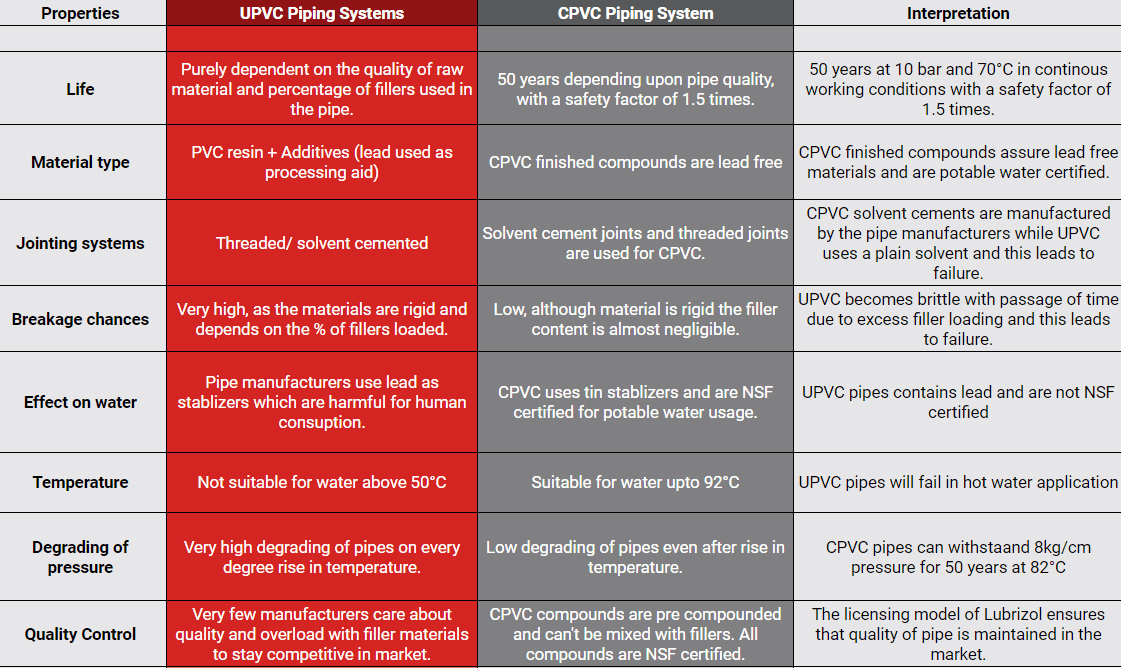
Installation of UPVC Pipe
UPVC (Unplasticised Polyvinyl Chloride) pipes are a popular choice for plumbing, drainage, and irrigation projects. As a lightweight, cost-effective alternative to traditional metal piping, UPVC pipes are a great option for construction projects of all sizes. But, before you can take advantage of the many benefits that UPVC pipes offer, you need to understand UPVC pipe installation.
UPVC pipes need to be installed correctly to ensure they are able to withstand the pressure and weight of the liquids they will be transporting. This means that they need to be installed according to the manufacturer’s guidelines and in accordance with local building codes. UPVC pipe installation begins by preparing the pipes for installation. This includes cutting the pipes to the correct length, chamfering the ends, and gluing the ends together. Once the pipes are ready, they need to be held in place with clamps and fittings. It is important to make sure that the pipes are fitted correctly and that all connections are secure.
Once the pipes are in place, they need to be sealed and tested. This includes pressure-testing the pipes to ensure they are able to withstand the pressure of the liquids that will be running through them. Once the pipes have been pressure-tested and passed, they can be connected to the water supply and used.
UPVC pipe installation is an important part of any plumbing, drainage, or irrigation project. It is important to make sure that the pipes are installed correctly and that all connections are secure. This will ensure that the pipes are able to withstand the pressure and weight of the liquids they will be transporting.
Maintenance and Repair of UPVC Pipe
UPVC pipe is a popular choice for plumbing, drainage, and other industrial applications due to its durability and long-lasting performance. But like any other material, it too needs to be maintained and repaired to ensure it continues functioning properly. In this blog post, we will explore the various ways of maintaining and repairing UPVC pipes.
The first and most important way to maintain UPVC pipes is to regularly inspect them for signs of wear and tear. If any parts of the pipe are found to be damaged, it is essential to replace them immediately to avoid further damage. Additionally, the pipe should be properly lubricated and cleaned to prevent any build-up of dirt and debris.
To repair UPVC pipes, first the damaged parts need to be identified. Then, the pipe should be cut and the damaged area should be removed. Next, a new pipe should be spliced into the existing one and all the connections need to be checked for leaks. Finally, the pipe should be tested to make sure that it is functioning properly.
In conclusion, maintaining and repairing UPVC pipes can be challenging, but it is essential for keeping them functioning properly and for extending their lifespan. It is important to take the necessary steps to ensure that the UPVC pipe is properly maintained and repaired. This will help to avoid any costly and time-consuming repairs in the future.
FAQs About the What Are The Uses Of UPVC Pipe?
Q1: What is UPVC pipe?
A1: UPVC pipe stands for Unplasticized Polyvinyl Chloride, which is a type of plastic pipe that is commonly used in plumbing and drainage systems.
Q2: What are the advantages of using UPVC pipe?
A2: UPVC pipe is durable, lightweight, and corrosion-resistant. It is also less expensive than other types of piping and is easier to install.
Q3: What are some common uses for UPVC pipe?
A3: UPVC pipe is commonly used for cold and hot water supply lines, drainage systems, and irrigation systems. It is also used for electrical conduits and rainwater harvesting systems.
Conclusion
UPVC pipes are a versatile and durable choice for plumbing, drainage, and other applications. They are resistant to chemicals, corrosion, and high temperatures, making them ideal for a variety of uses. From piping for water lines in homes and businesses, to drainage systems for agricultural and industrial applications, UPVC pipes are an affordable and reliable choice. With their high resistance to wear and tear, UPVC pipes are sure to last for years to come.



